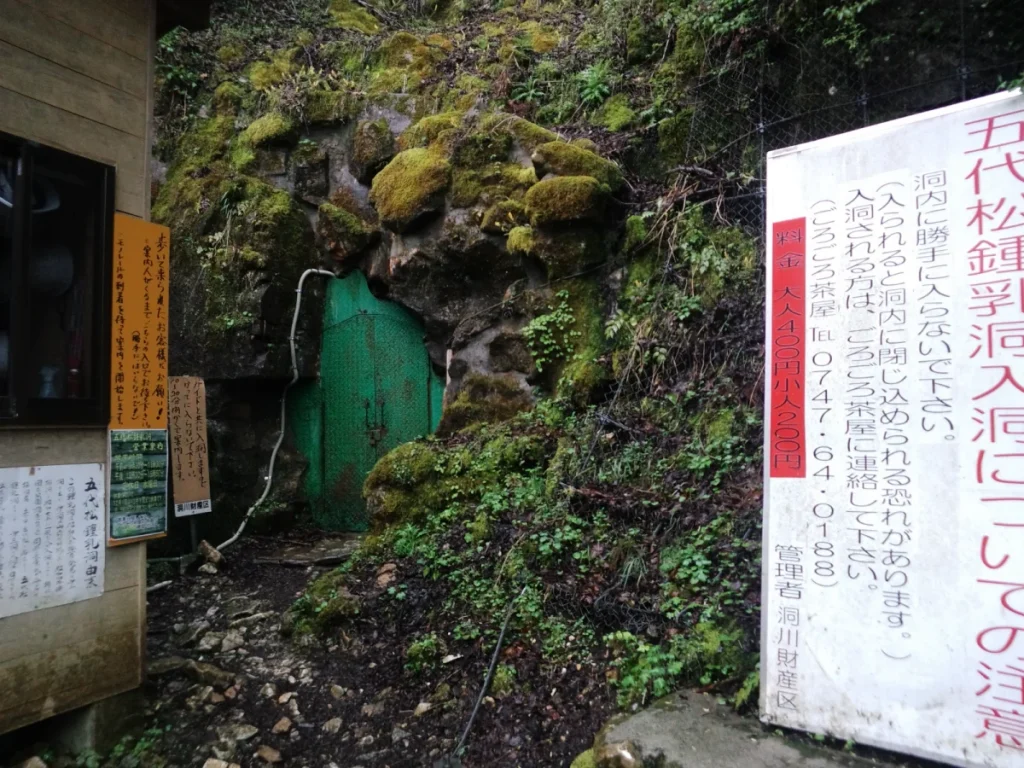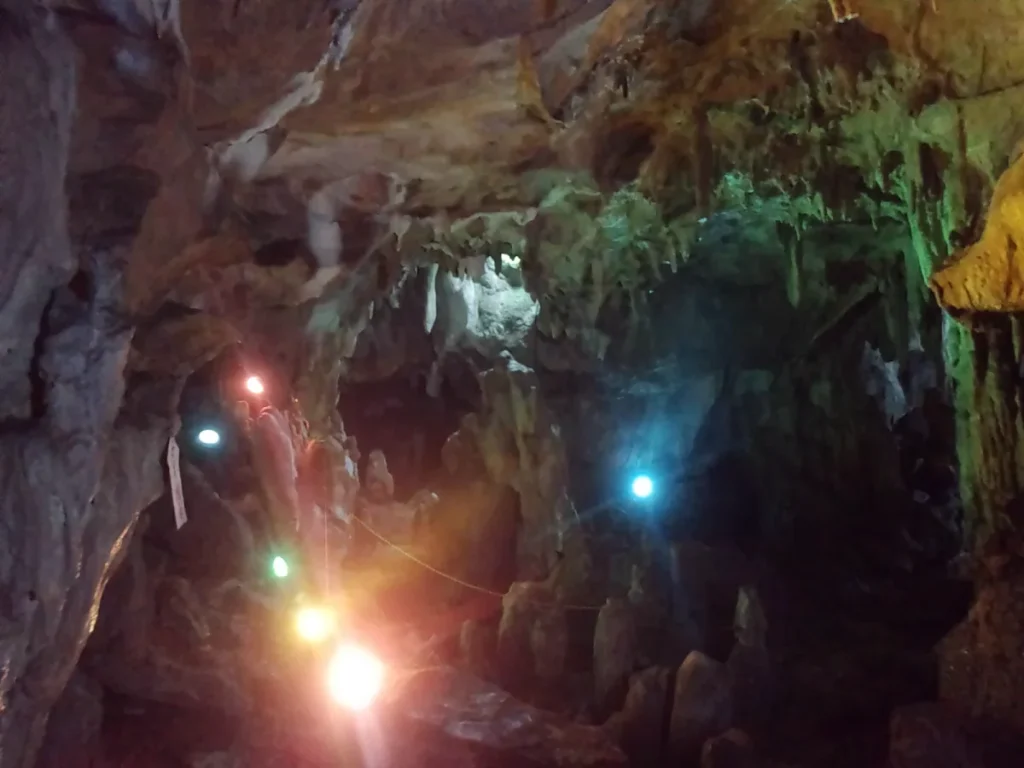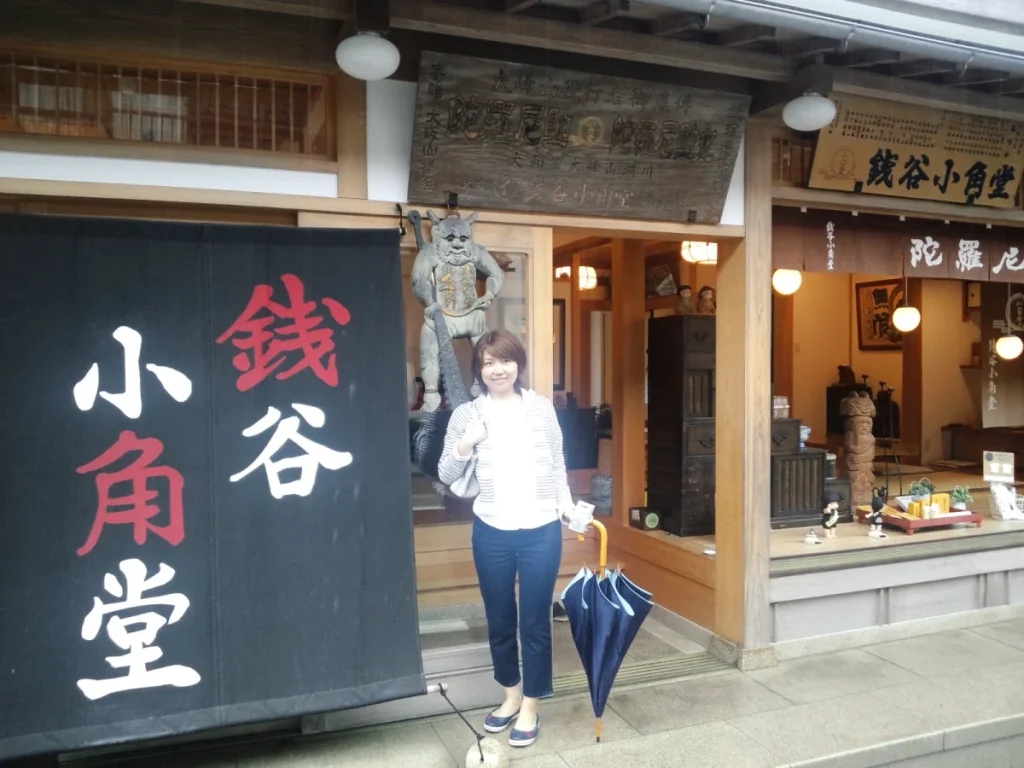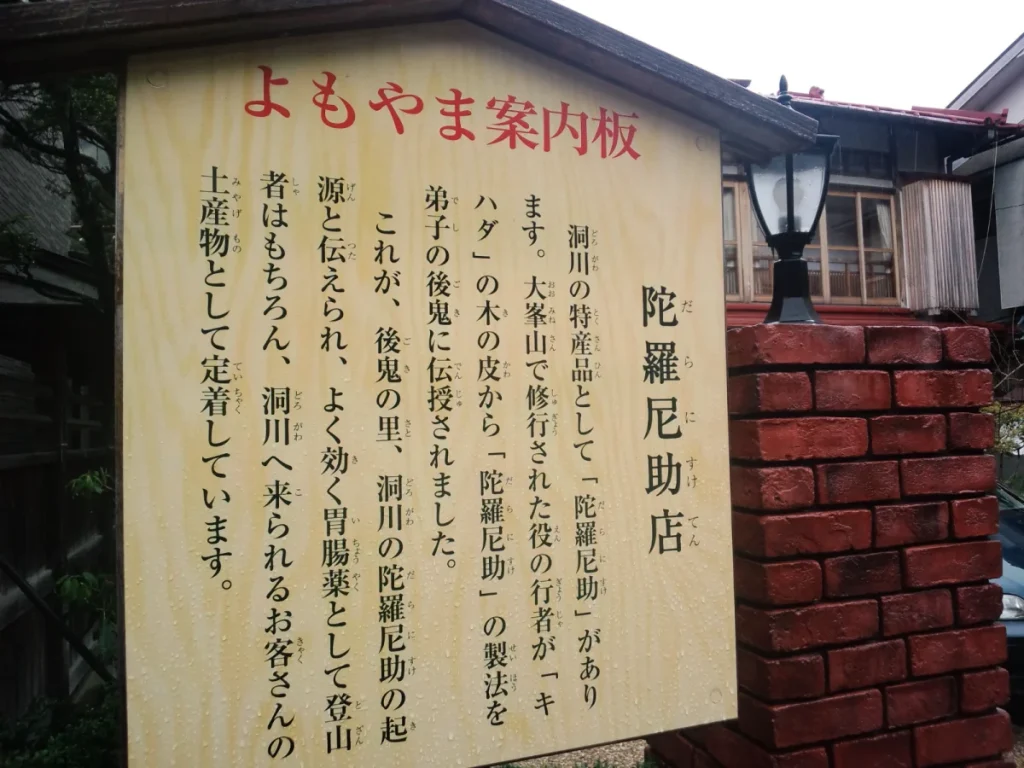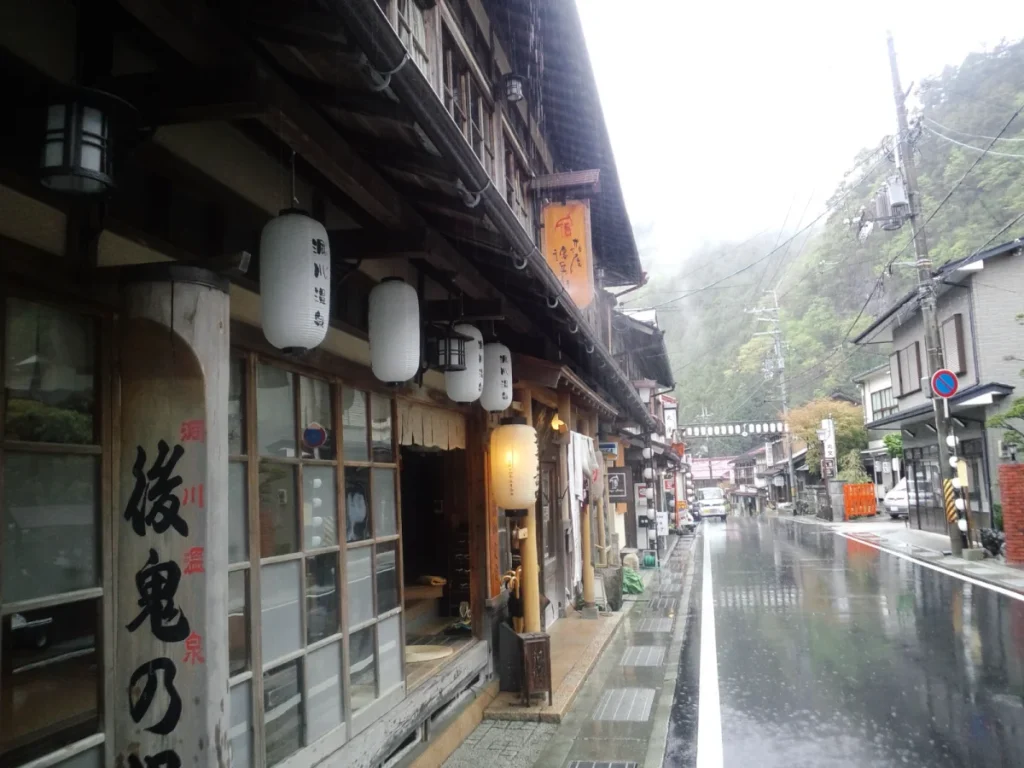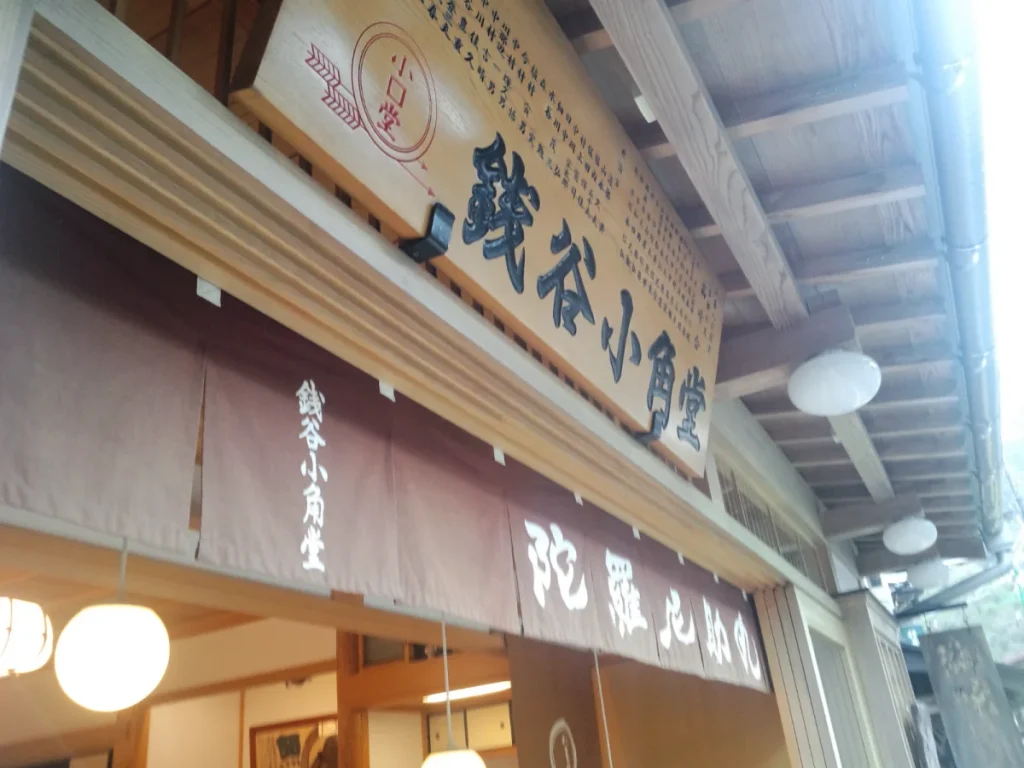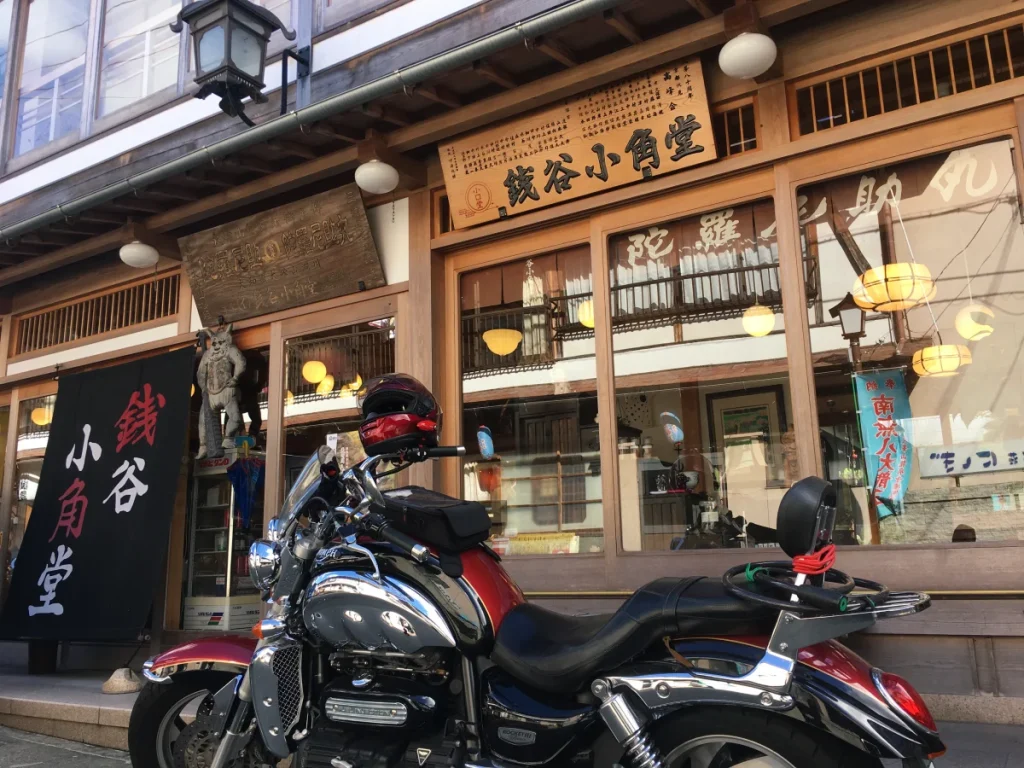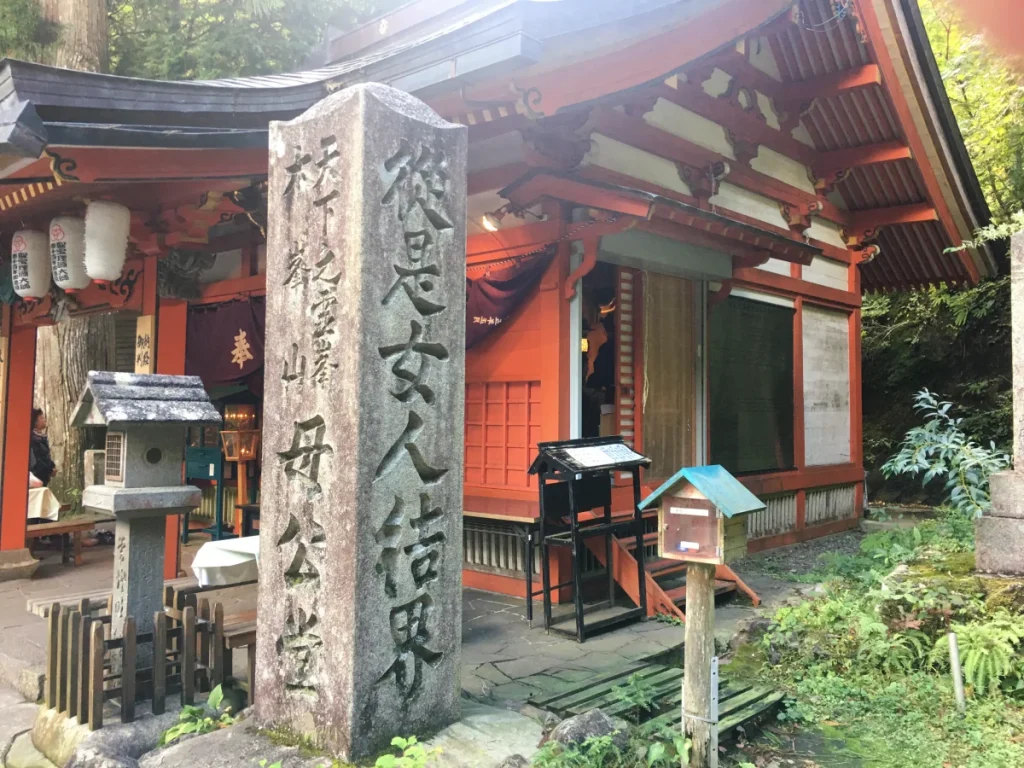It takes about three hours by train and bus from JR Osaka Station to reach 天川村Tenkawa Village, nestled in the mountains of 吉野Yoshino, 奈良県Nara Prefecture.
Tenkawa has flourished for over 1,300 years as a sacred site of mountain ascetic training (修験道Shugendō) on 大峰山Mt. Ōmine, founded by the legendary ascetic 役行者En no Gyōja (役小角En no Ozunu).
Beautiful mountains, pure spring water, and the pilgrimage route that connects Mt. Ōmine in Yoshino to 熊野本宮Kumano Hongū Taisha form the heart of this spiritual landscape.
🔗 Tenkawa Village Official Site
https://www.vill.tenkawa.nara.jp/
🔗 Wikipedia – Tenkawa, Nara
Within this village lies a small area called 洞川Dorogawa.
Here, several traditional apothecaries continue to produce and sell a medicine said to have a 1,300-year history ― Daranisuke (陀羅尼助).
This traditional remedy is believed to have been created by 役行者En no Gyōja himself and passed down to his disciple Goki (後鬼).
The word “Darani” (陀羅尼) means “sacred chant” or “mantra.”
According to legend, 役行者En no Gyōja prayed to 孔雀明王Kujaku Myōō (the Peacock Wisdom King) while reciting its mantra, saying,
“May all who take this medicine be saved.”
Thus the medicine came to be known as 陀羅尼助Daranisuke ― “the mantra that helps and heals.”
At 和氣香風Kakikōfū, we welcome many travelers from around the world seeking consultation on Kampo (traditional Japanese herbal medicine).
Recently, one of the most common concerns we hear about is digestive discomfort ―
overeating, overdrinking, and fatigue from travel.
These, of course, are the usual culprits.
For chronic digestive weakness, inflammation, or tumors, We usually prescribe Kampo herbal formulas.
However, when someone comes in complaining of stomach heaviness, indigestion, poor appetite, soft stools, or mouth ulcers ― especially from overeating or overdrinking ― We often say:
“If you’ve just eaten or drunk too much, take this first!”
and hand them a box of Daranisuke.
This medicine works remarkably well for sudden digestive upsets, and I personally keep it at home at all times.
For centuries, it has been loved as a “household medicine” throughout the Kansai region ― particularly in Nara, Wakayama, and Osaka Prefectures.
Because it’s not commonly sold in Tokyo, quite a few people even come all the way to Kakikōfū just to buy it.
🍜 Japan’s Rich Cuisine and the Pitfall of Overindulgence
When I ask visitors from overseas what Japanese food they liked most, the first answer I usually hear is ramen.
After that come tonkatsu (pork cutlets), curry rice, and yakiniku (grilled meat).
In the past, people would have said sushi or tempura, but eating preferences are clearly changing.
During the Edo period, the scholar 貝原益軒Kaibara Ekiken (1630–1714) wrote the famous 養生訓Yōjōkun (“The Teachings of Nourishing Life”).
In it, he advised:
“Even when delicious foods are set before you, stop eating at eight or nine parts full.”
It’s wonderful that people enjoy Japanese food,
but please be mindful ― overeating and overdrinking are common causes of digestive distress.
Incidentally, Yōjōkun is essentially one of Japan’s earliest self-care and preventive medicine guides, written in the 17th century.
An English edition is also available for purchase, so please feel free to get it if you’re interested.
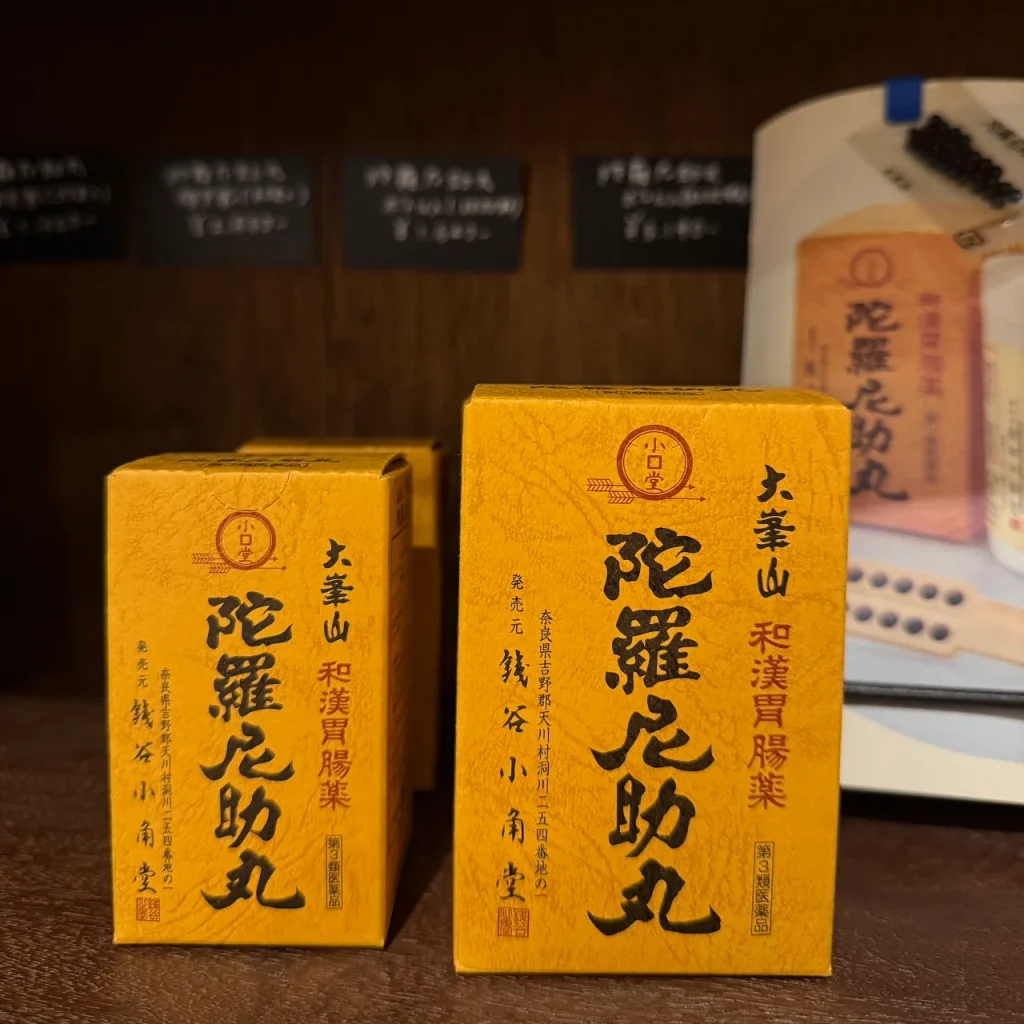
🌿 What Is Daranisuke Made From?
Daranisuke is a gastrointestinal herbal medicine whose main ingredient is kihada (黄柏, Phellodendron bark).
Kihada contains alkaloids such as berberine, and has long been cherished in Japan as a stomachic and intestinal tonic.
There are several pharmaceutical makers in Tenkawa Village producing Daranisuke,
but at Kakikōfū we carry the product made by 銭谷小角堂Zenitani Shōkakudō,
a traditional pharmacy located in Dorogawa.
🔗 https://daranisuke.co.jp/
They also sell directly at their shop ― a visit there is highly recommended.
You can enjoy the local hot springs, explore a small limestone cave, and collect pure mountain spring water ―
a wonderful way to recharge your body and spirit amid nature.
🚞 How to Visit Dorogawa
If you’d like to try Daranisuke in Tokyo, please visit us at Kakikōfū in Jiyugaoka.
For those traveling to its birthplace:
•From JR 大阪Osaka Station, take the JR or 御堂筋線Osaka Metro Midosuji Line to 天王寺Tennoji.
•From there, head to 近鉄阿部野橋Kintetsu Abenobashi Station, and take the train bound for Yoshino.
•Get off at 下市口Shimoichiguchi Station,
then take the bus bound for 洞川温泉Dorogawa Onsen,
and get off at Dorogawa Onsen stop.
It’s a bit of a journey ― about three hours ―
but it will become a memorable part of your travels.
If you have time, be sure to visit 金峰山寺Kinpusen-ji Temple,
the spiritual center of Japan’s 修験道Shugendō tradition.
🔗 https://www.kinpusen.or.jp/
Nearby are many excellent hot springs where you can relax and restore your energy after the trip.
Kakikōfū ― Jiyugaoka, Tokyo
Hiroshi
